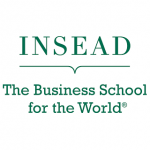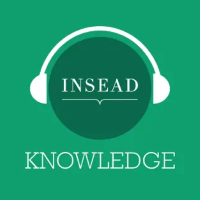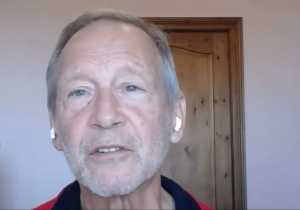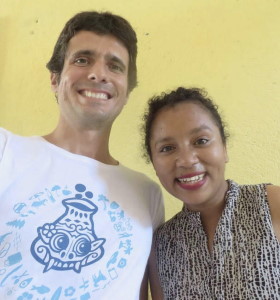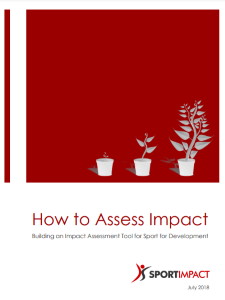On Dec 3rd, the third edition of the book “Mediação de Conflitos para Iniciantes, Praticantes e Docentes” (Portuguese for “Conflict Mediation for Beginners, Practitioners and Teachers”) was published in Brazil by Editora JusPodivm (in Portuguese).

The book was coordinated by Tania Almeida. Samantha Pelajo and Eva Jonathan, and co-authored by dozens of specialists on mediation.
It includes a chapter on “International Mediation” contributed by Pluris (Nuno Delicado and Horacio Falcão). The chapter offers a framework to analyze the implications for mediation of different cross-cultural settings (e.g., different combinations of cultural preferences by the mediator and each of the parties), using Geert Hofstede’s cultural dimensions (Power Distance, Individualism vs Collectivism, Masculinity vs Femininity, Uncertainty Avoidance, Long-term Orientation), and adding Edward Hall’s Direct/Indirect Communication. It also offers guidance on how to develop the profile of an international mediator, and on potential paths to work in the field.
Click here to purchase or to read an excerpt.
